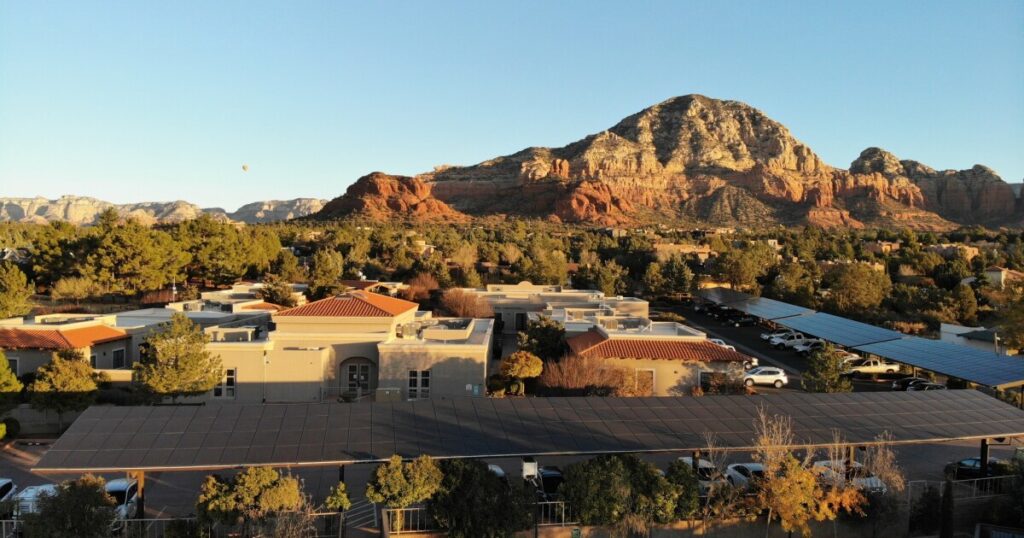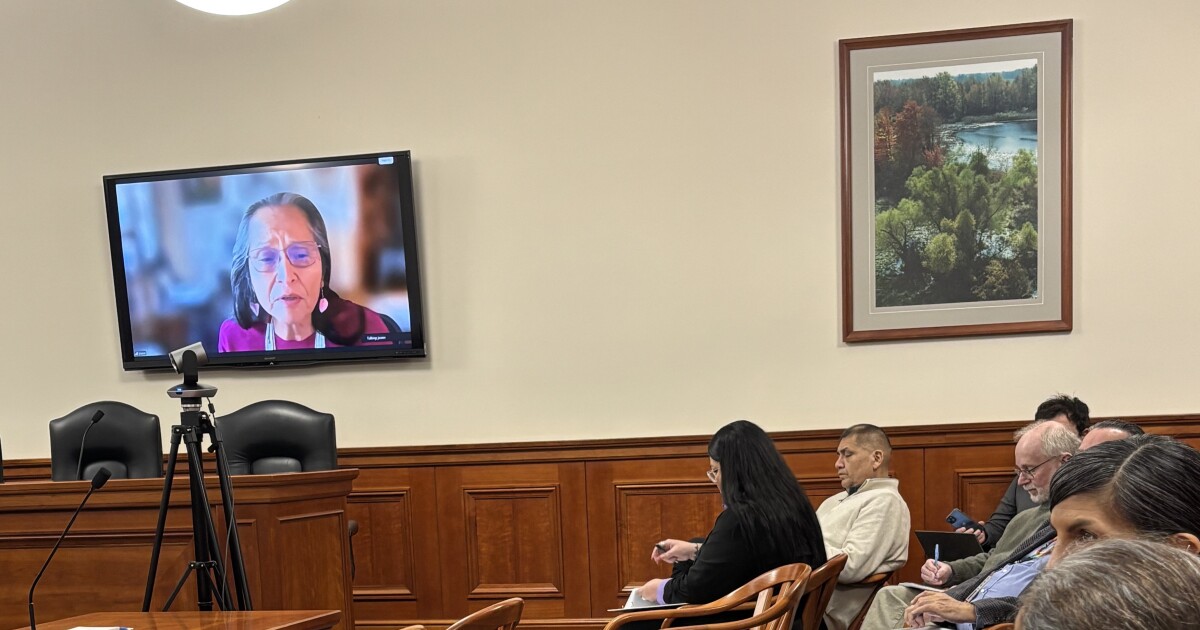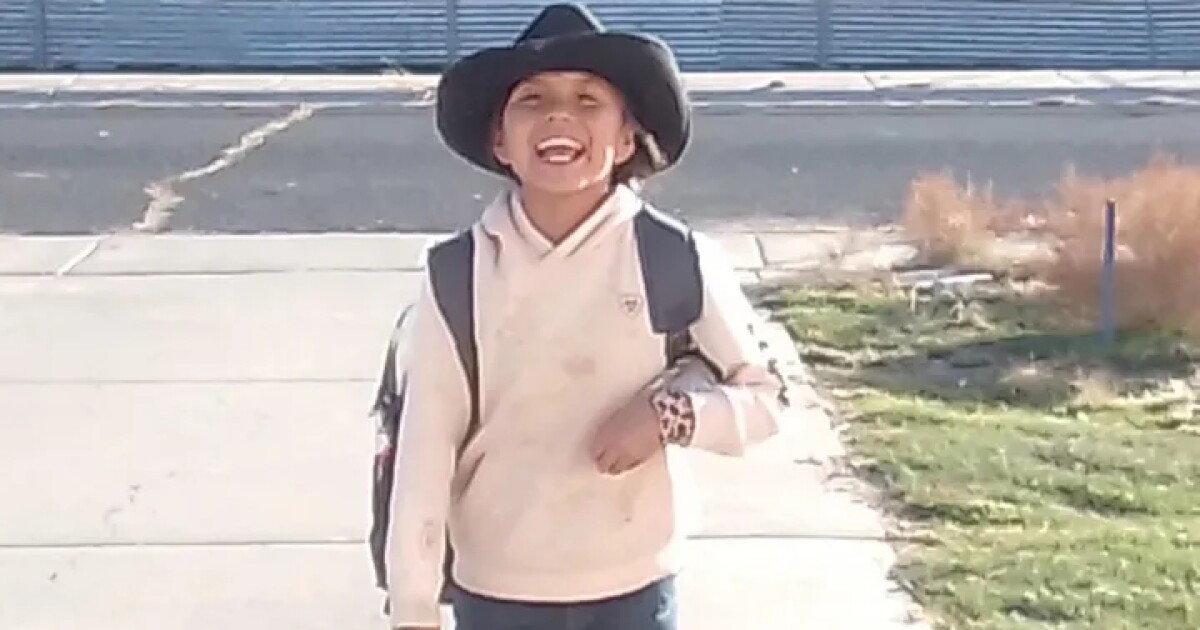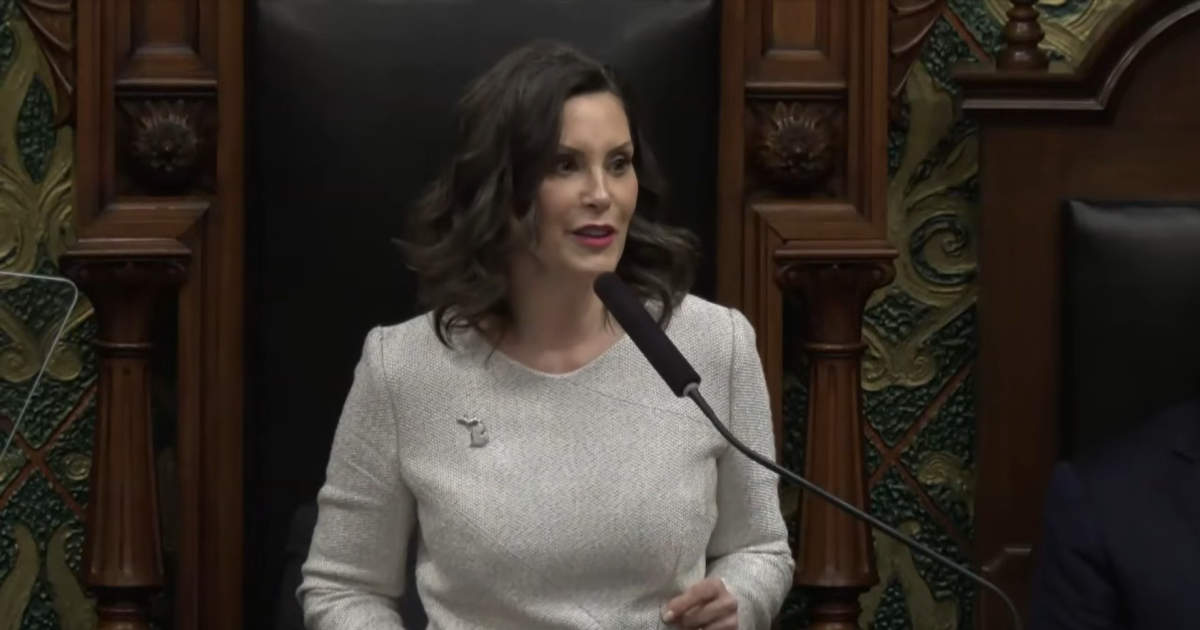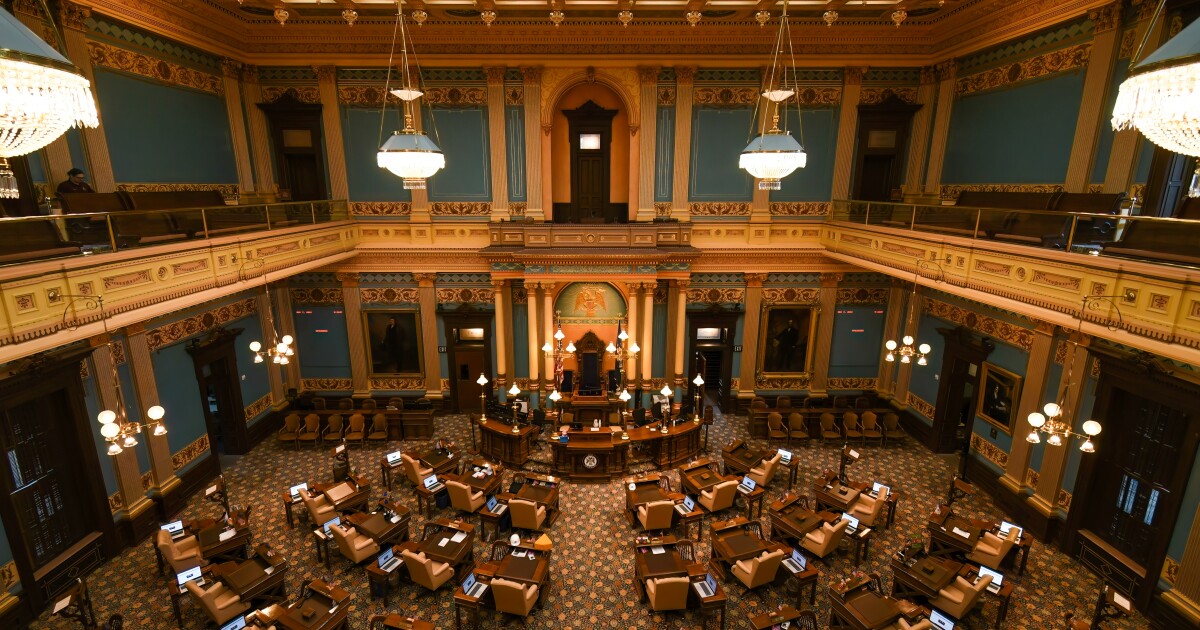In a decisive move, the Sedona City Council has unanimously opted to dismantle its contentious license plate camera initiative. Concerns about the potential access of data by federal law enforcement agencies played a significant role in this decision.
Initially, council members believed they would have complete control over the data access permissions in Sedona, as indicated by Flock Safety representatives during an August meeting. However, revelations surfaced later that month when the company conceded that US Customs and Border Protection had been granted access to vehicle data collected locally.
Although Sedona had installed 11 Flock cameras over the summer, the program had not yet commenced operations, according to police reports. The lack of transparency from Flock Safety was a critical issue for Councilmember Brian Fultz.
“Certainly, since the meeting that we had here, the Flock representative, as it would seem, was not as forthcoming, informed whatever it may be about what was really going on between the company, federal government,” Fultz says. “We should shut this thing down, cancel the contract, and get the cameras out.”
Vice Mayor Holli Ploog echoed these concerns, emphasizing the discrepancies in the company’s statements.
“A company that tells us on August 13 that ‘There’s no data sharing going on, I swear,’ and on August 19 admits that ‘it’s been going on,’ is not a company that we can do business with. And they’re not, in my opinion, an honorable company,” Ploog says.
The council had previously put the program on indefinite hold. Last month, Flock CEO Garrett Langley revealed that the pilot program with the federal government was being suspended, and efforts were underway to ensure that localities could manage data sharing permissions.
“We clearly communicated poorly. We also didn’t create distinct permissions and protocols in the Flock system to ensure local compliance for federal agency users,” Langley wrote in a statement. “I appreciate the sensitivities surrounding local and federal cooperation on law enforcement matters, and I understand that in order to allow communities to align with their laws and societal values, these definitions and product features are critical.”
The technology in question captures license plate numbers and vehicle details, compiling them into a profile using artificial intelligence, which could be added to a national database. While these cameras are considered valuable in tackling complex crimes such as hit-and-runs and trafficking, they have sparked controversy in several northern Arizona communities.
—
Read More Arizona News

